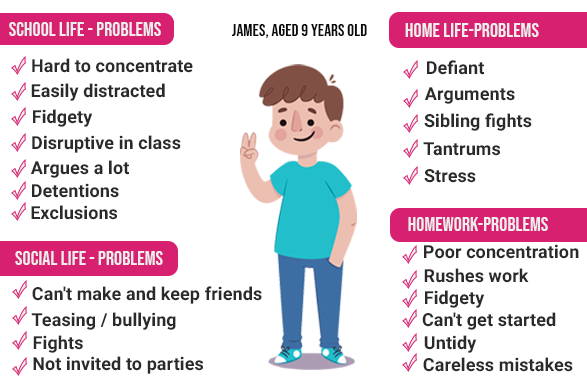Services
Services
Early Intervention
Early Intervention
The mission of early childhood intervention is to assure that families who have at-risk children in the age range of 0 - 3 years receive resources and supports that assist them in maximizing their child's physical, cognitive, and social/emotional development
Top 3 benefits
-
Early Intervention helps your child make the most of learning through play.
-
Early Intervention may reduce the need for specialized instructional support during a child's school years and reach their true potential.
-
Early Intervention occurs where your child is most comfortable and becomes part of their routine.
Autism
Autism intervention is focused on working with children and families to address challenges posed by autism by our multi-disipilinary team
Intervention Focus
-
Attention
-
Imitation
-
Receptive and expressive communication
-
Social interaction
-
Play
-
Unusual sensory responses
-
Behavioral control
The assessment examines how these factors impact a child's communication, social interaction, play skills and behaviors by our multi-disipilinary team and do appropriate intervention involving the family.
Children with autism generally experience difficulties with
ADHD is not about knowing what to do, but about doing what one knows.
ADHD - Attention Deficit Hyperactive Disorder
Attention Deficit Hyperactive Disorder It feels rather like trying to watch television when someone picks of the remote control and keeps on changing the channel. .Child finds difficult to focus on anything because something new is always coming along.
ADHD Management
-
PARENT TRAINING.
-
BEHAVIORAL THEARY.
-
BALANCED DIET AND ACTIVITIES.
-
SCHOOL SUPPORT.
-
SOCIAL SKILL TRAINING.
-
MEDICATIONS
It is a performance deficit. Not a knowledge deficit.

Learning disability
Assessment
-
An assessment in special education, or psycho-educational assessment, is designed to determine a child’s learning strengths and challenges. It is generally used to screen for specific learning disabilities.
IQ Assessment
-
A test to determine a numerical representation of a child’s intellectual level, which represents his or her general cognitive ability.
Educational Assessment
-
A way of understanding child's capabilities in reading, writing, expression, perception, and communication.
Remedial Therapy
-
Remedial therapy helps learners with learning difficulties and disabilities achieve a higher level of success and self confidence in school and community. Includes
Behavioural Support
Behavioural Support
Behavioural support can help with challenging behaviour, emotional difficulties, problems with focusing, and low self-esteem
This discipline can help to assess and treat a wide range of causes that generate
-
Emotional difficulties and dysregulation.
-
Challenging behaviour.
-
School refusal or limited attendance.
-
Difficulties coping with transitions.
-
Difficulties with communication.
-
Low confidence and self-esteem.
-
Limited attention span and ability to focus.